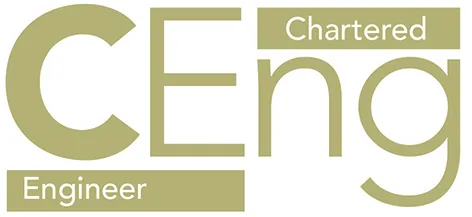Hey Everyone!
My name is Neil Chivers and I am a chartered highway engineer based in London, England. I have over 10 years working in the public and private sector and i would like to share my knowledge and experience on successfully becoming a chartered engineer with the steemit community.
It is important to understand what is required to become a chartered engineer and you should be confident that you meet these requirements, before making an application.
When preparing your application, you need to provide sufficient detail and evidence that highlights that you have met the requirements for registration as a chartered engineer, as set out by the Engineering Council.

High status is attached to becoming a chartered engineer, as it provides a measure of your skills and professionalism in the engineering community, as well as showing your dedication to personal development.
In the UK, there are currently over 222,000 individuals registered with the Engineering Council as:
• Engineering Technician (EngTech)
• Incorporated Engineer (IEng)
• Chartered Engineer (CEng) or
• Information and Communication Technology Technician (ICTTech).
These are well recognised professional titles which are fully protected under law, by means of the Engineering Council’s Royal Charter and bye-laws and the title you apply for will depend on a number of factors. In order to gain the desired title and become authorised to use the post nominals, applicants must first join a relevant professional engineering institution, licensed by the Engineering Council to assess candidates.
As a chartered engineer, i will be creating posts on steemit for individuals who are interested in preparing successful applications for professional registration as a chartered engineer (CEng) with the Chartered Institute of Highways and Transportation (CIHT), or the Institute of Highway Engineers (IHE).

Many engineers follow a career path that sees them acquire the incorporated engineer registration and then subsequently gain the additional skills and competencies required for chartered engineer registration, while others work directly towards chartered engineer status. I recommend initially going for the incorporated engineer title as soon as reasonably practicable, as it provides you with all the benefits of professional registration. The information in your subsequent chartered engineer application can then be slightly reduced, to demonstrate the incremental increase in the knowledge required to progress from IEng to CEng. As you will have just passed your IEng Professional Review, you can use the same layout and process and increase on it to get to CEng level. If you have been successful at the Professional Review for Incorporated Engineer status, you will have shown many of the attributes of a chartered engineer. Under this progressive route, you only need demonstrate the additional attributes at a modified review. Your submission looks the same but your professional development forms address only the additional attributes.
Thank you for reading, please comment below and follow me to find out how to become registered as a chartered engineer in the UK.